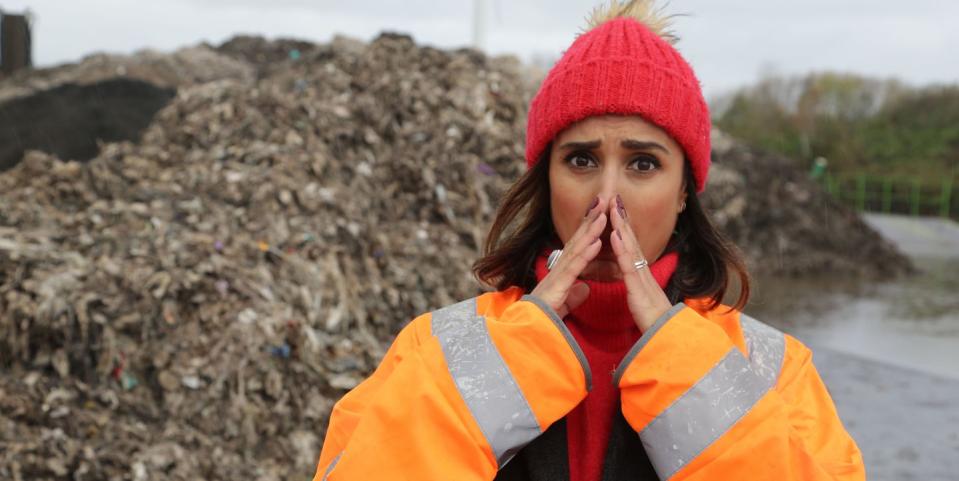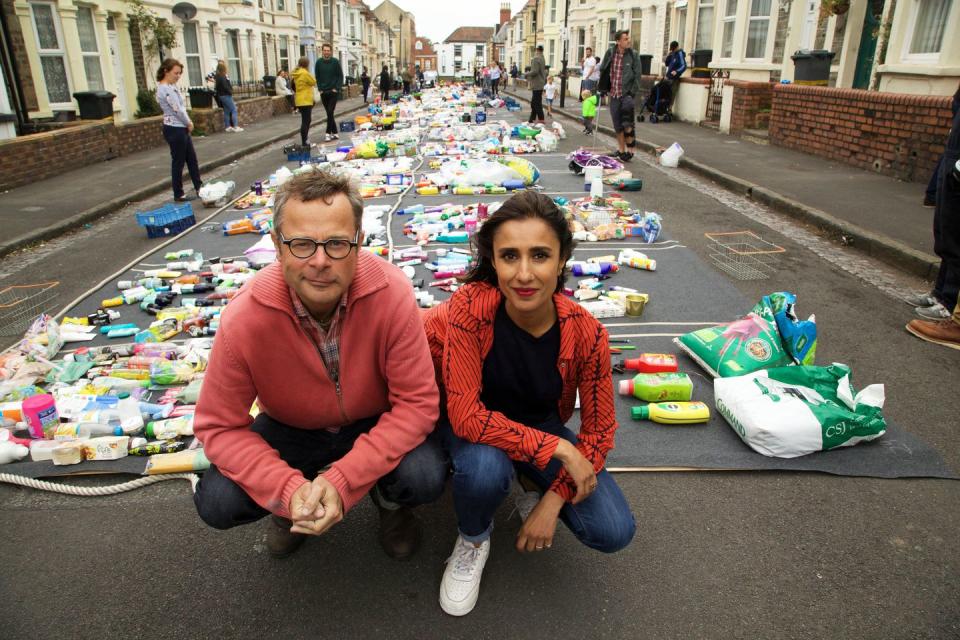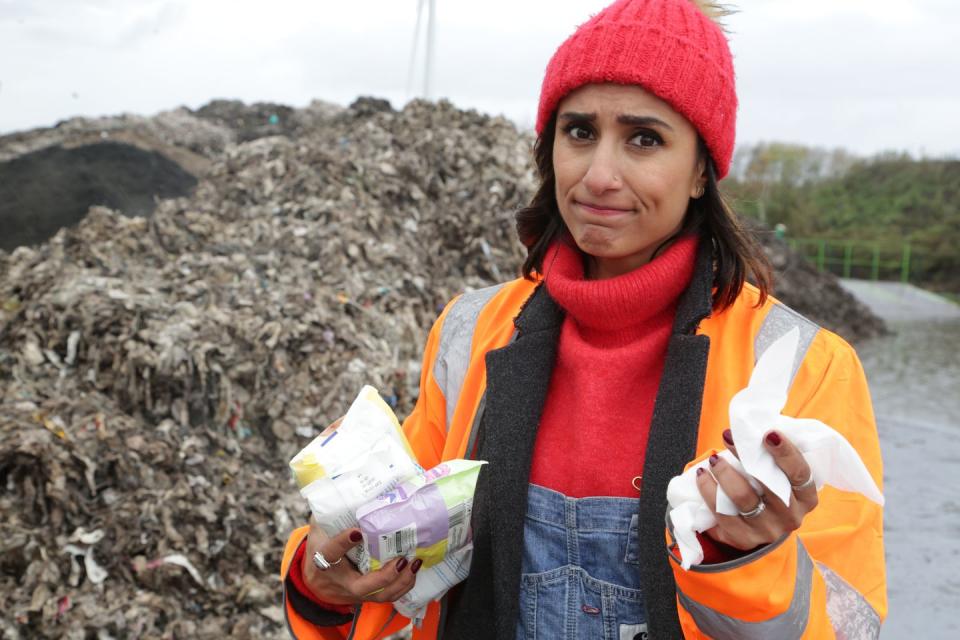BBC’s War on Plastic shocks viewers by revealing the ‘hidden plastics’ we all have at home

With the introduction of a tax on plastic bags at supermarkets and coffee chains offering discounts to customers bringing in their own reusable cups, as well as more talk from the government on how society needs to become more environmentally sustainable, most of us are clear now that single-use plastics should be avoided.
While many of us have made lifestyle changes like ditching plastic straws for stainless steel alternatives, we’re perhaps unaware of other 'hidden plastics' we’re inadvertently using.
This is something that was explored this week in new BBC series. War on Plastic with Hugh and Anita, in which Hugh Fearnley-Whittingstall and Anita Rani shed light on the true extent of plastic pollution.
Episode two, which aired on 17 June, focused on microplastics and microfibres – plastics and fibres so tiny we can’t even see them, but that are escaping into the ocean and causing pollution nonetheless.
Viewers were shocked to learn about one key microplastics offender in particular – wet wipes. As well as coming in plastic packaging, 90 per cent of the wipes themselves contain some form of plastic, according to the programme.
During a visit to a sewage plant, Hugh and Anita were confronted by 16 tonnes of waste wet wipes which had been flushed in the Bristol city-region over a mere 3.5-day period.


The residents they spoke to on the show weren’t aware that the wipes they were flushing contained plastics, nor that they can contribute to the creation of fatbergs; congealed masses of non-biodegradable matter found in sewer systems.
Viewers took to social media to express their shock over the show’s message.
Omg. I thought I was fairly well clued up on recycling and plastic use... To find that #wetwipes are more than ¾ plastic is more than shocking. Whether you flush or not, wet wipes are a hidden daily menace for the environment. Thank you #WarOnPlastic for telling the truth.
— Anthea Lanesborough (@lanesborough77) June 18, 2019
Avoiding using plastics is difficult enough as it is without them being hidden in products too. Definitely starts to become less of the consumers fault and more that of the producers #WarOnPlastic
— Katy B 💙💛 (@ah_intermission) June 17, 2019
We are at #WarOnPlastic - great piece from the BBC with @HughFW and co. Where else are the big plastic manufacturers hiding plastic in their products. Knowledge is key - but it’s almost impossible to find, especially when it’s knowingly hidden.
— Stephen Ledwidge (@StephenLedwidge) June 17, 2019
Another jaw-dropping #WarOnPlastic! Here’s hoping people think before putting wet wipes, face wipes or cleaning wipes in their 🛒! https://t.co/Oo7CLfXSN0
— Emma Russ (@missewaxon) June 18, 2019
Of course, there are alternatives to using wet wipes.
Thames Water suggests products including reusable cotton pads, damp cloths, cleansing foam to pre-moisten your toilet paper, microfibre cloths and reusable baby wipes.
We earn a commission for products purchased through some links in this article.
Like this article? Sign up to our newsletter to get more articles like this delivered straight to your inbox.
('You Might Also Like',)

 Yahoo Finance
Yahoo Finance 
